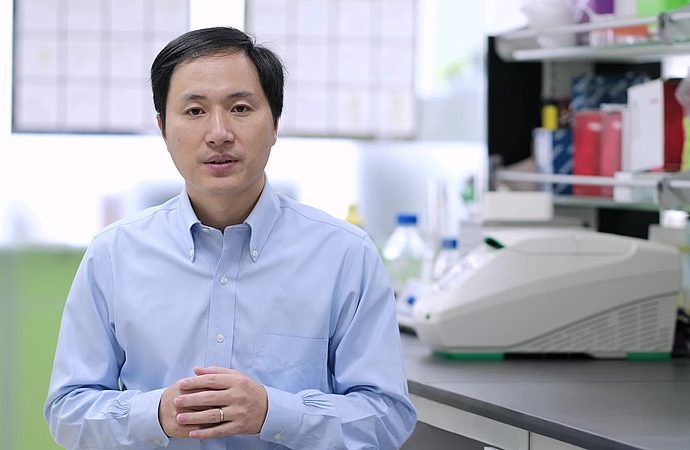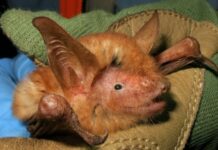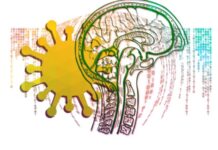How to respond to CRISPR babies
Nature Editorial | Dec 5, 2018
(Link to the article)
“How do researchers respond to the failure of medical ethics, collective responsibility and professional standards that saw an immature experimental technique used to help produce human babies?” This week’s editorial of Nature asks for more responsibility from the scientific community, in response to He Jiankui’s claims that he edited the DNA from two embryos and implanted them on a uterus, thus creating the first gene-edited humans. The claims, made during the Second International Summit on Human Editing in Hong Kong, are still to be proven by independent agencies.
When asked what can be done to forbid such procedures, He told the Associated Press that “society will decide what to do next”. Nature’s Editorial writes that is not enough, calling for a global registry of any preclinical research that involves gene-editing techniques such as CRISPR. The 2016 guidelines from the International Society for Stem Cell Research are cited as a good example of regulatory measures for research on human embryos and gametes.
Read also:
Is the CRISPR baby controversy the start of a terrifying new chapter in gene editing? (Dec 4, 2018)
Neil deGrasse Tyson’s Response to Allegations of Sexual Assualt is Self-Defeating
Slate, Shannon Palus | Dec 3, 2018
(Link to the article)
Last Thursday, the website Pathos reported the story of two women accusing the American astrophysicist and science communicator Neil deGrasse Tyson of sexual misconduct. Ashley Watson, a former assistant to Tyson, resigned her job last summer due to inappropriate sexual advances from deGrasse Tyson, who allegedly told her she was “too distracting” to even work as a producer; Dr Katelyn Allers, professor of Physics and Astronomy at Bucknell University, claims she was “felt up” by the science educator at a party in 2009. Previously, Tchiya Amet, a graduate student and former colleague of Tyson at the University of Texas, Austin, had accused him of drugging and raping her while she was unconscious, and wrote about the episode in a blog post in 2014.
On Saturday, Neil deGrasse Tyson published a note on Facebook, titled “On Being Accused”. Naming none of the women who accused him, Tyson confirmed many of the accusations but failed to acknowledge how his actions hurt these two women. When referring to the accusations of rape by Amet, Tyson wrote that “It is as though a false memory had been implanted”. “An investigation into this and other allegations is certainly warranted”, Shannon Palus wrote on Slate, this Monday, but his “entire Facebook post seems to be premised on a desire to refute any such claim.”
Read also:
Neil deGrasse Tyson and the Careers That Weren’t (Dec 7, 2018)
Study: Adult Hearts Do Not Contain Cardiac Stem Cells
SciNews Staff | Dec 6, 2018
(Link to the article )
The existence of cardiac stem cells has been up to discussion for almost two decades. Stem cells have the potential to develop into any kind of cell and divide without limit. In the three- to five-day-old embryo, embryonic stem cells give rise to the entire structure of specialised organs, such as the heart, lung, and skin. Somatic, or adult, stem cells, on the other hand, are rare undifferentiated cells found in organs or differentiated tissues. In the heart, these adult stem cells would reside in the heart muscle and regenerate the cardiac tissue after a heart attack.
A new study in mice has found that there are indeed cells in the heart that divide after an infarct. However, these cells generate new blood vessels or immune cells, but never new heart muscle. “The sobering conclusion is drawn that heart stem cells do not exist”, Professor Clevers, one of the authors of this study, told the SciNews Staff.
Read also:
Adult Hearts Lack Cardiac Stem Cells (Dec 4, 2018)
Dozens of Retractions Requested for Heart Stem Cell Studies (Oct 15, 2018)





